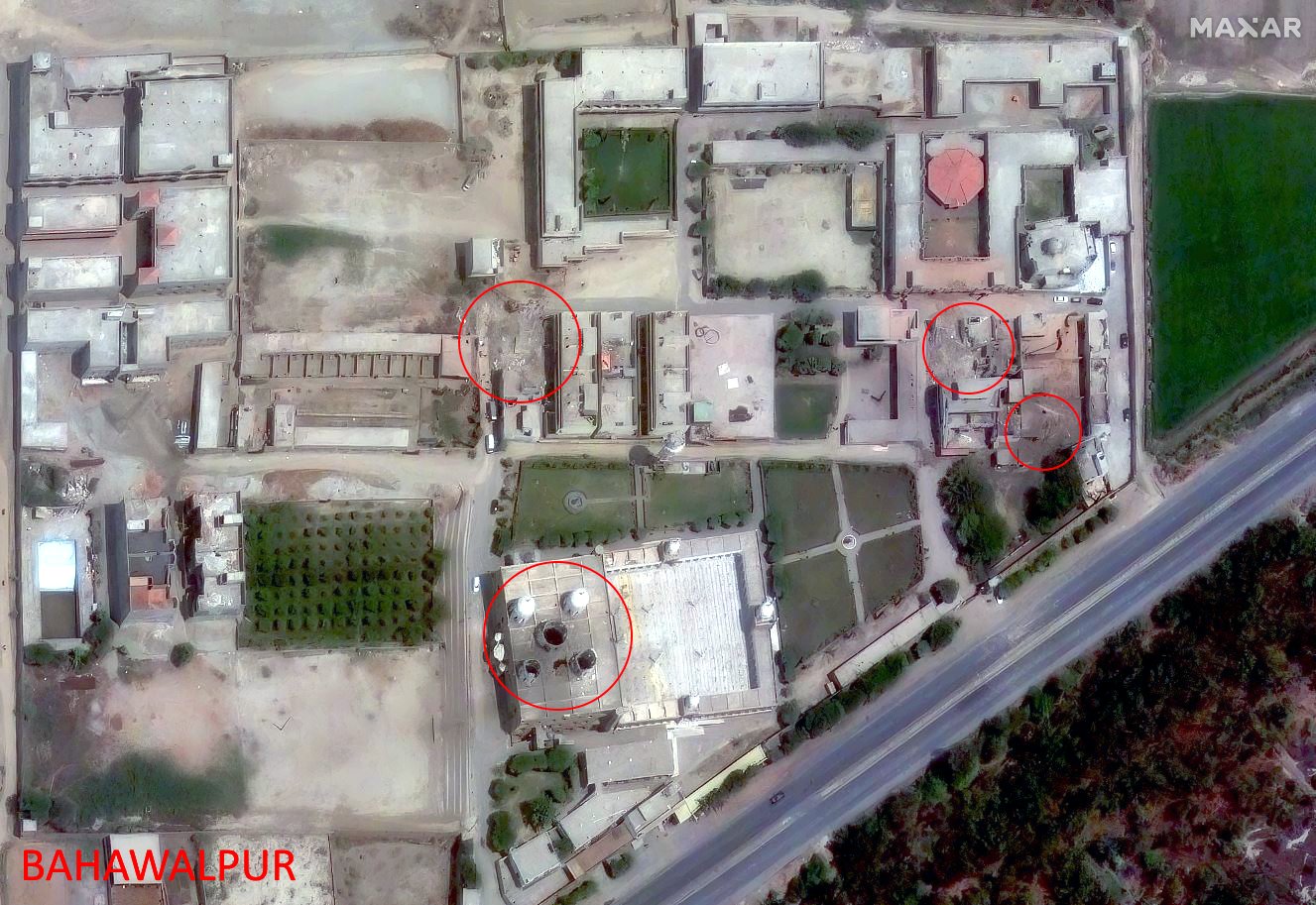Dear Express Explained Reader, India is in the middle of the second wave of the coronavirus epidemic that many experts had been predicting. It is nowhere near as worrying as the one in the summer and monsoon of last year, but the increasing numbers in Maharashtra, Kerala, and a few other states underline the importance of not allowing ourselves to be complacent. As Amitabh Sinha explained this week, there are no clear reasons why the case numbers are rising (just as there were no clear reasons why they’d been falling since September!), and there’s still a lot that we do not know about the nature and behaviour of this extraordinary virus. Meanwhile, the government has begun to act on one of the major gaps in our social sector policy — the lack of comprehensive, actionable data and information on migrant workers, which was shown up so starkly by the nationwide lockdown in March and April. Karishma Mehrotra wrote about a draft national policy on migrant workers that NITI Aayog has drawn up, and compared its key recommendations with those made earlier in 2017 by a working group set up by the government. Nirupama Subramanian wrote two very interesting pieces on Sri Lanka — one on a negative resolution that Colombo faces at the United Nations Human Rights Council and the delicate situation that India must negotiate in this regard; the other on Sri Lanka’s special and not-often-talked-about relationship with Pakistan, which was on display when Imran Khan flew to that country this week. We also published a couple of smaller but significant explainers that I’d like to point you to. On the eve of the confidence vote in Puducherry, Chakshu Roy of PRS Legislative Research, who is a frequent contributor to Explained, wrote about the unique nominated members in the Assembly, whose presence gave the BJP and central government a decisive say in the drama that unfolded in the Union Territory this week. And Apurva Vishwanath explained Sections 120A and 120B of the Indian Penal Code, which deal with the offence of criminal conspiracy. When can a person be accused of conspiracy, and how is this offence proven and punished? The provocation for Apurva’s piece was the comments made by the Delhi judge who gave climate activist Disha Ravi bail, but the information is relevant for a range of other occasions as well. Stay safe. The virus hasn’t gone away yet. Rising temperatures across the country will inevitably make mask-wearing a little uncomfortable. But it is worth it — now and for the foreseeable future. Thank you for reading The Indian Express Explained. Stay safe. Sincerely, Monojit (monojit.majumdar@expressindia.com) If you received this newsletter as a forward, you can subscribe to it here | Do read our Explained articles here | 
No comments:
Post a Comment